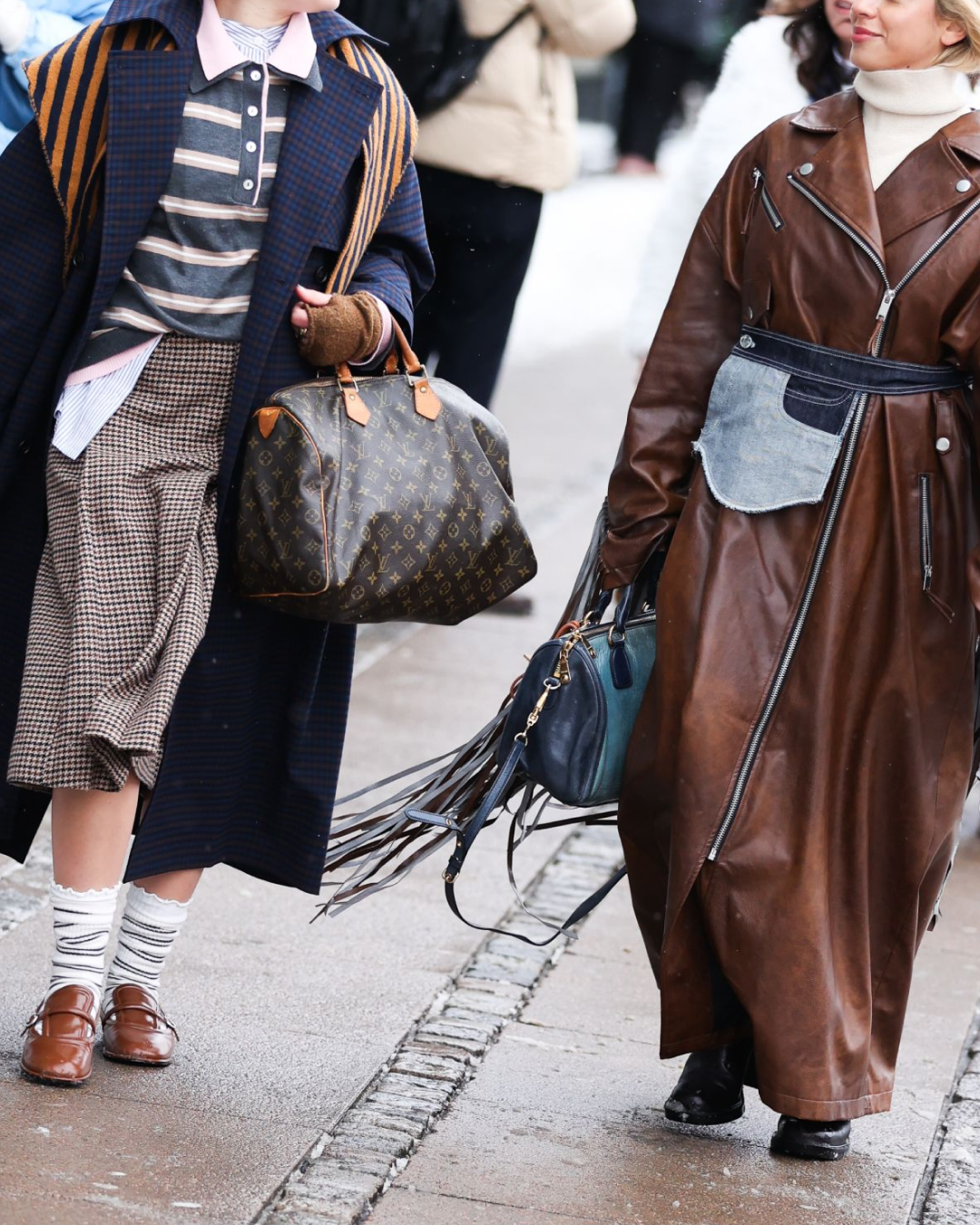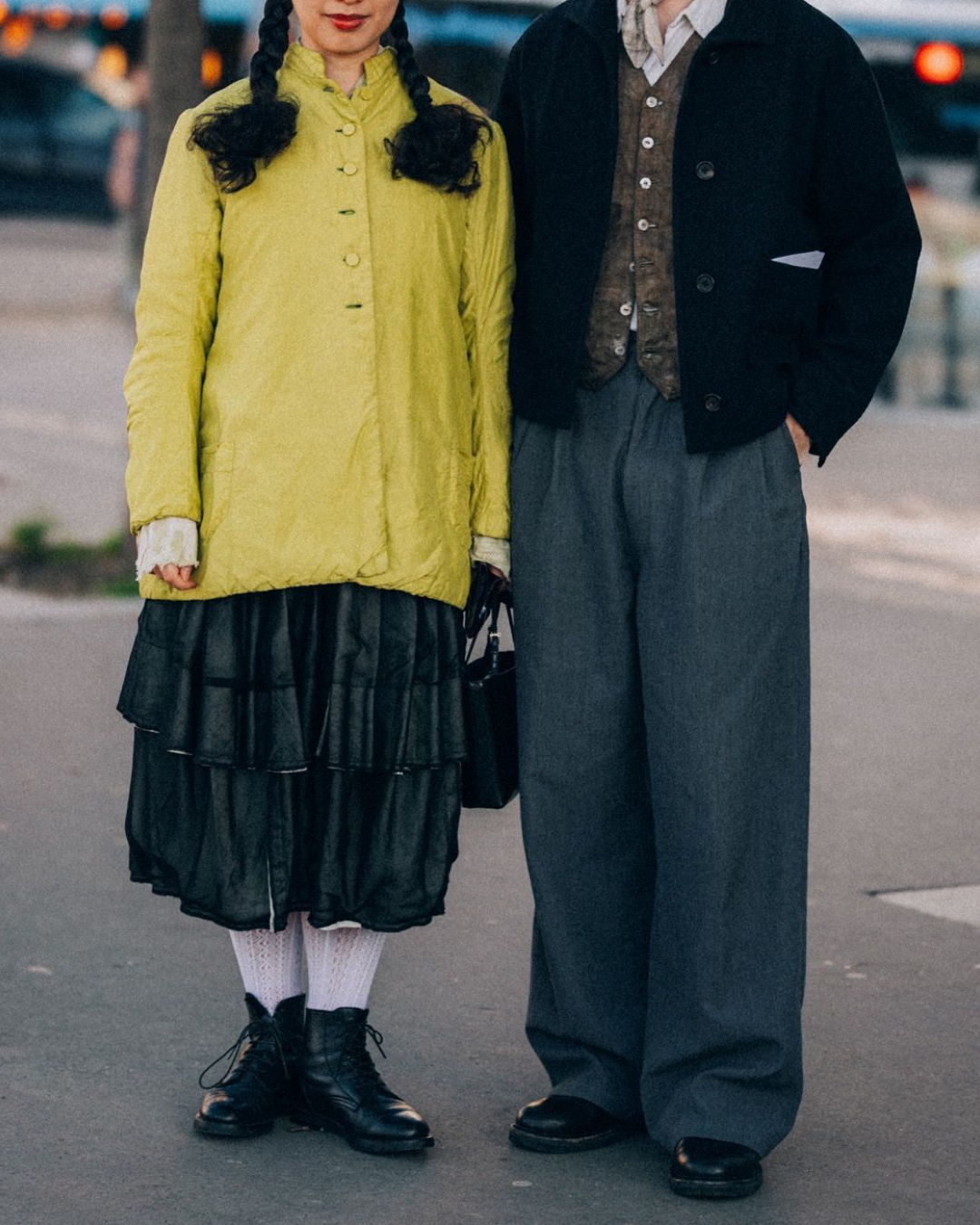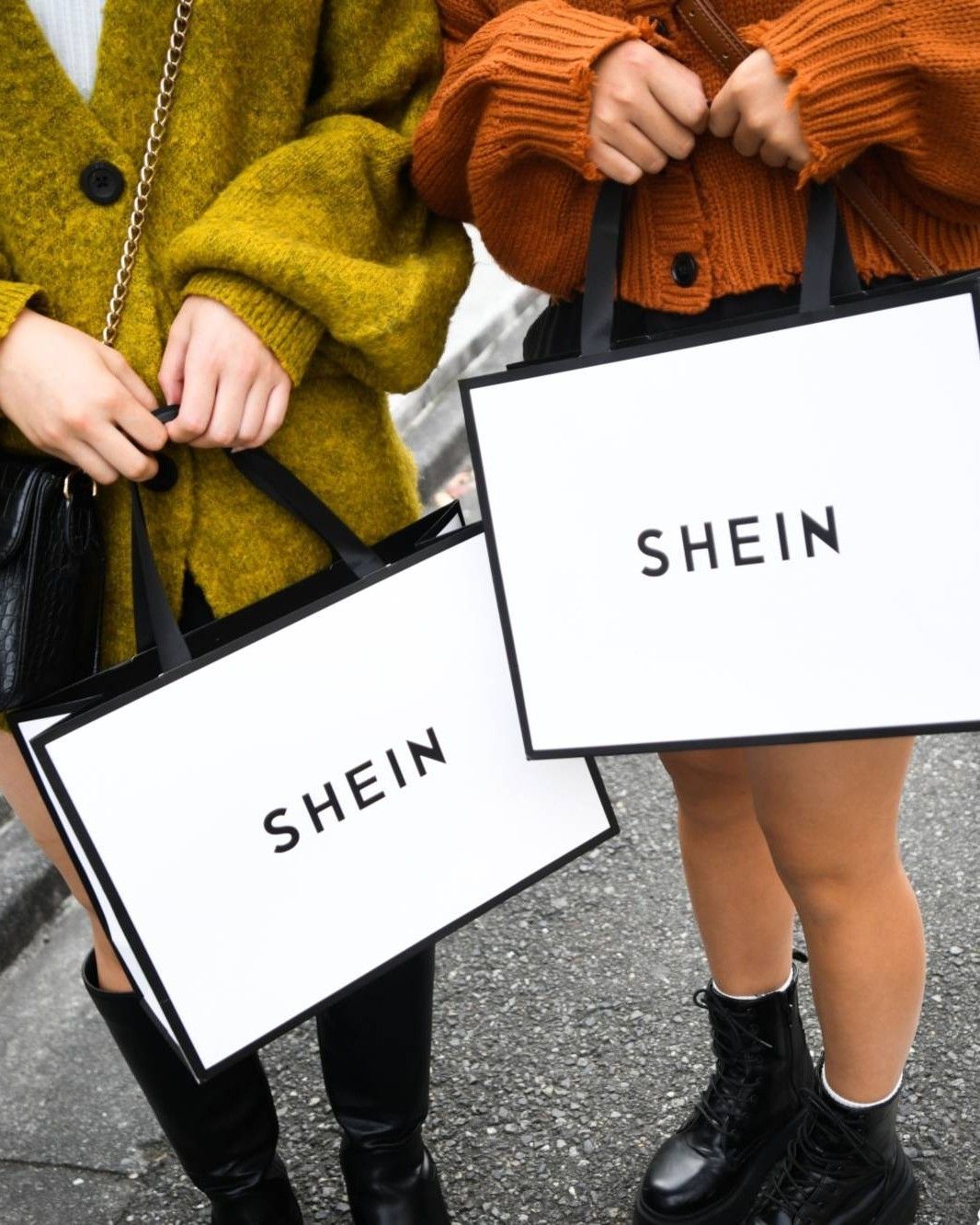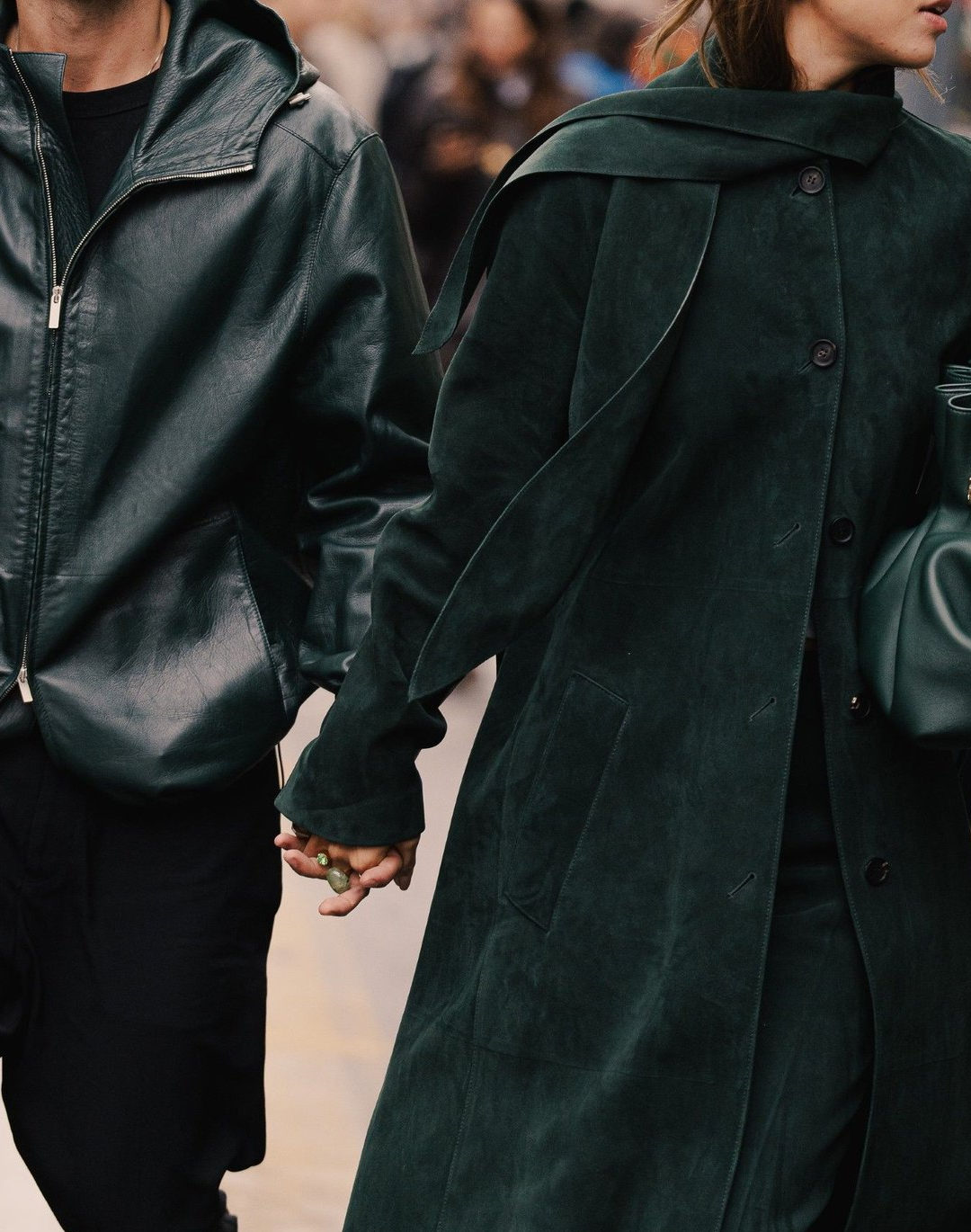
How ethical are luxury fashion materials? Latest data on colture work conditions in the world reveal an alarming situation
The Global Slavery Index report conducted by the international human rights organisation Walk Free was published this week. The survey is based on interviews with thousands of survivors in 75 different countries, and aims to provide an in-depth look at slavery conditions around the world. What emerged is rather alarming; the success of fast fashion has allowed the fashion industry to grow exponentially in recent years, which has strongly influenced the deterioration of the working conditions of silk and cotton producers, suppliers and farmers, even in the case of the luxury sector. Elise Gordon, manager of global research at Walk Free, revealed to WWD how luxury brands have been overtaken by other brands. «It is a common misconception that expensive brands produce more ethical products. Unfortunately, we don't know why this is the case. It is extremely disappointing because one would expect that luxury brands, having more resources to devote to these worker protection mechanisms in their supply chains, would be more likely to do so. There is also potentially more reputational risk for them.»
Giving examples of the places where the labour situation of farmers is most at risk, Walk Free pointed to the silk cocoon plantations of Uzbekistan, where forced labour is often practised, and the rubber plantations of Myanmar where many children are forced. Even in the cultivation of cotton, in countries such as Burkina Faso, China, Kazakhstan, and Pakistan, marked levels of forced labour have been found, especially against minorities, as in the case of the Uighurs in China. Cotton production seems to be the most divisive in the field of sustainability and ethics. Although several companies, including Kering and Inditex, have invested in regenerative agriculture, declaring their commitment to improving soils and workers' conditions, whether this process positively affects the environment or people has not yet been verified, as there is still no valid methodology to measure the results.
According to the #GlobalSlaveryIndex, the #G20 nations import US$468 BILLION of goods at risk of modern slavery every year.
— Grace Forrest (@GraceAForrest) May 26, 2023
But what can be done to change the situation in the states affected by high risks of slavery? As of 2018 to date, only four countries have imposed laws in defence of human rights and against modern slavery, namely Australia, France, Germany and Norway. And while it is still increasingly complicated for an individual consumer to find truly ethical brands, international governments have numerous solutions to the problem at their disposal, such as stricter controls and penalties for companies that prove not to care about the conditions of their workers.















































